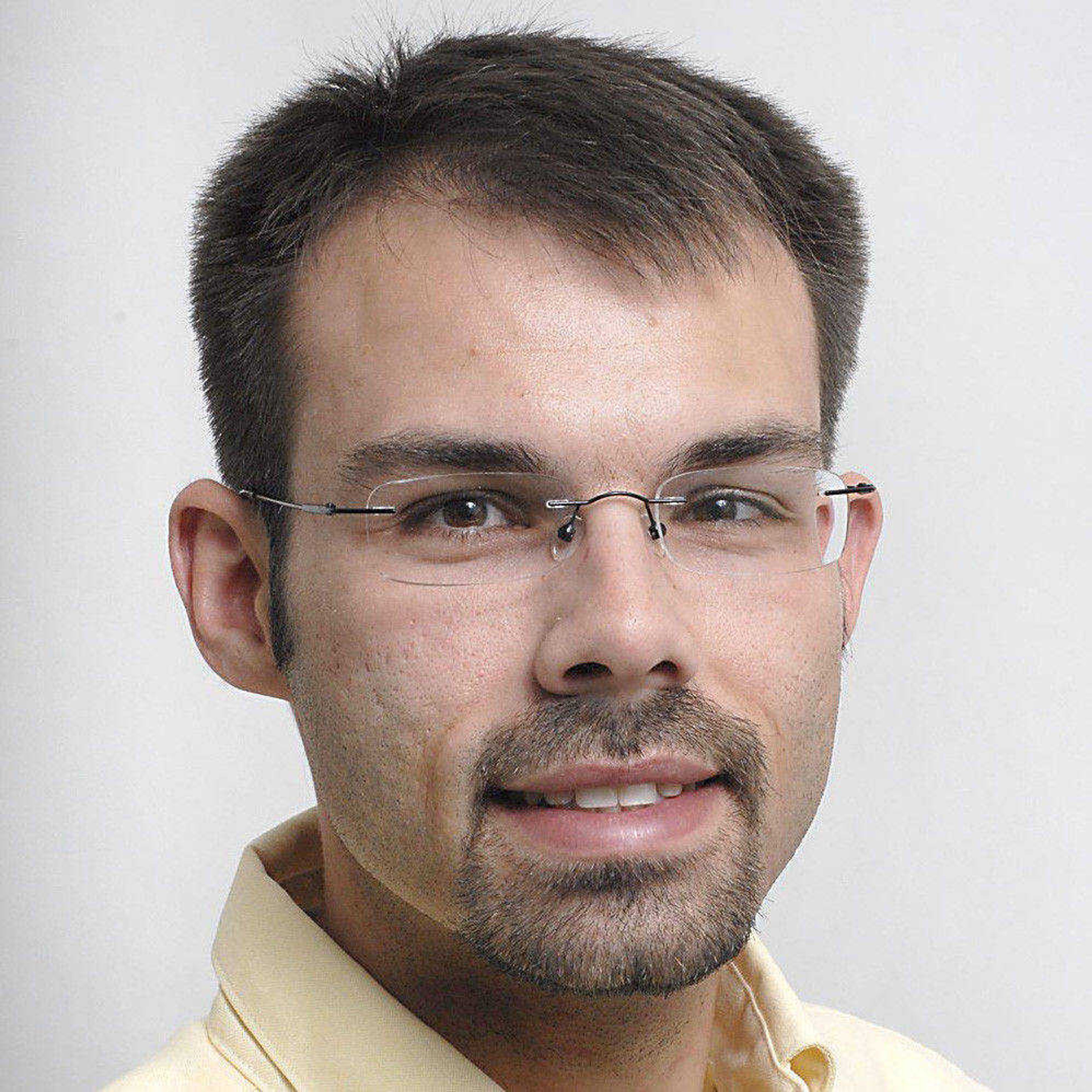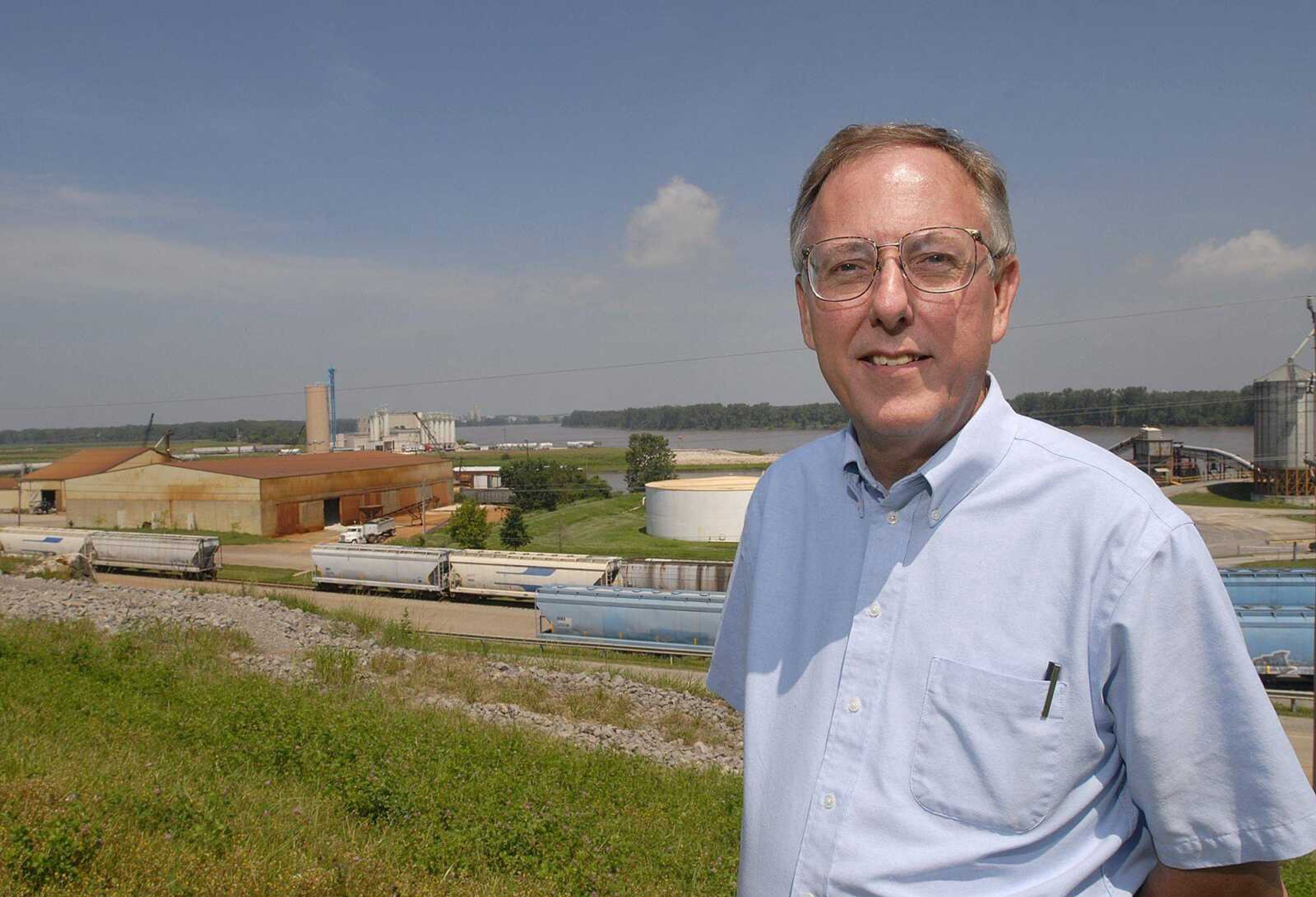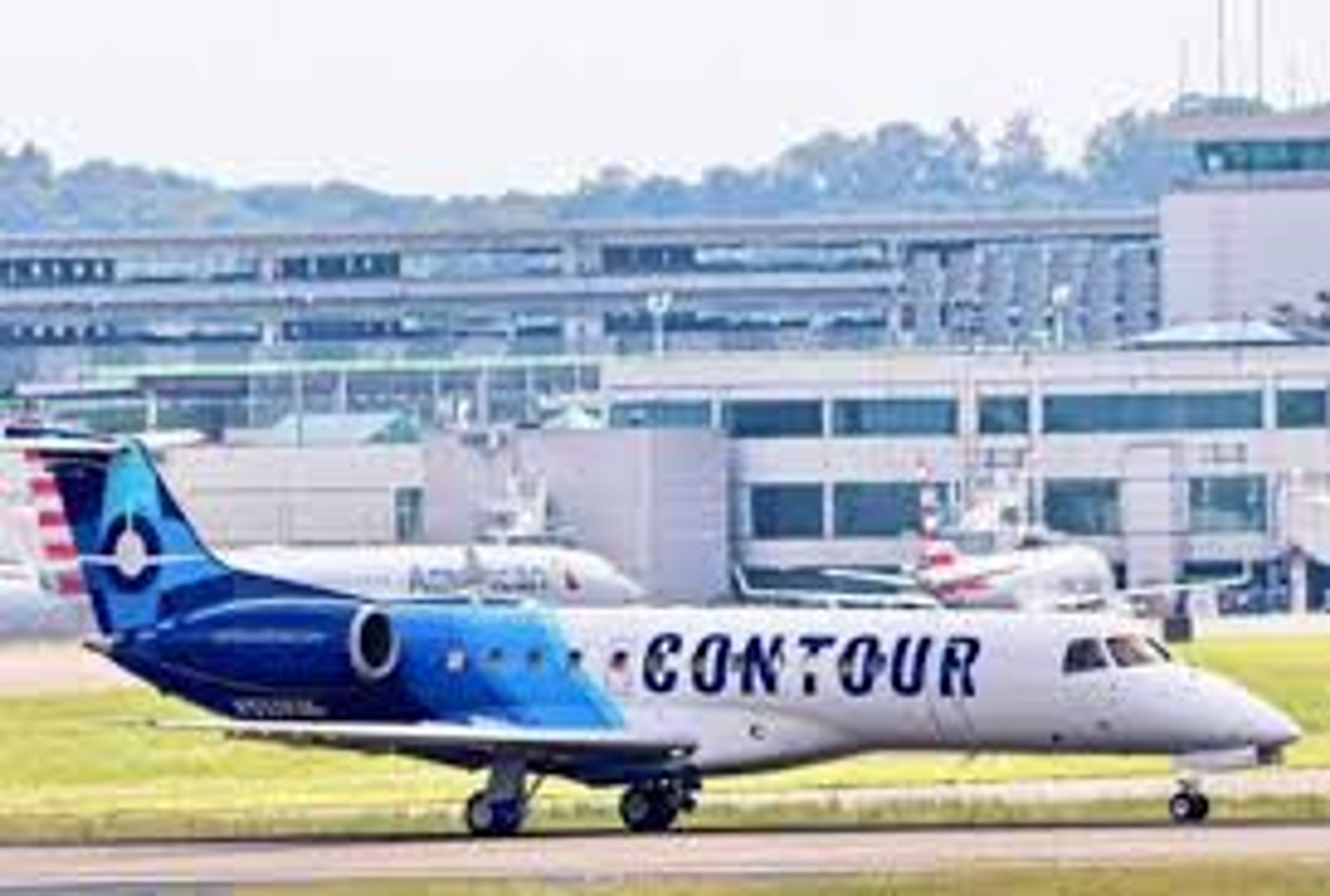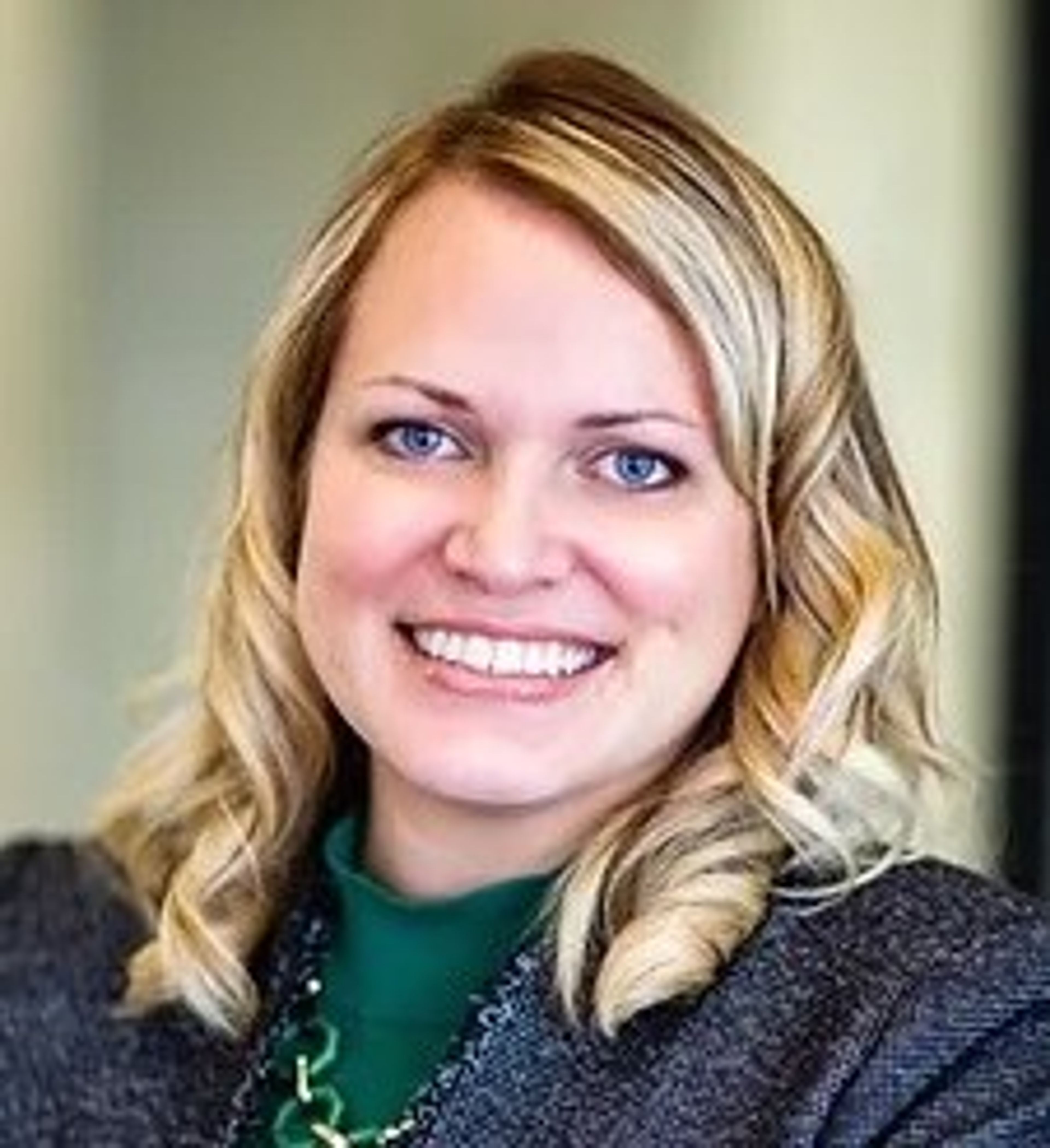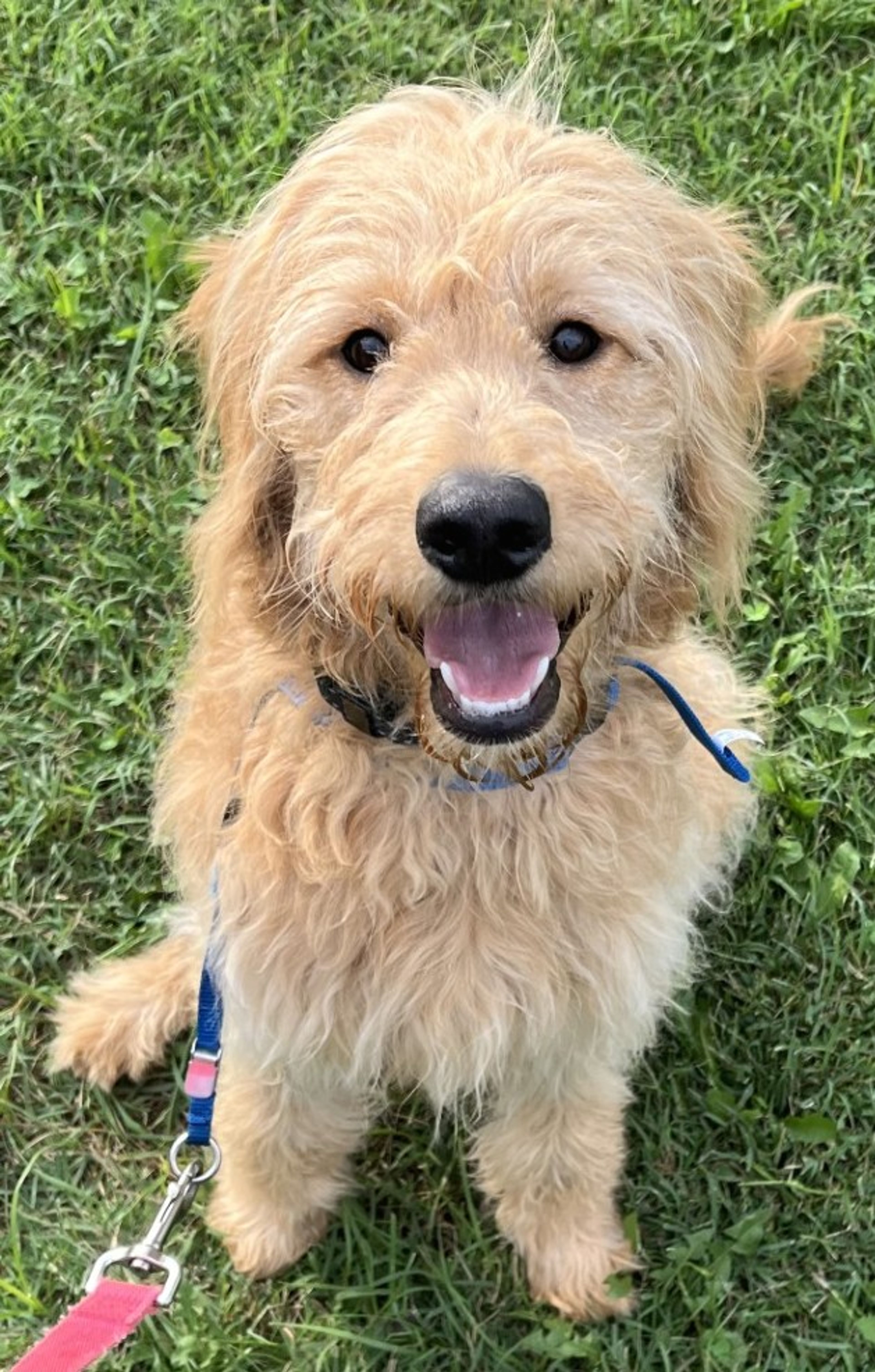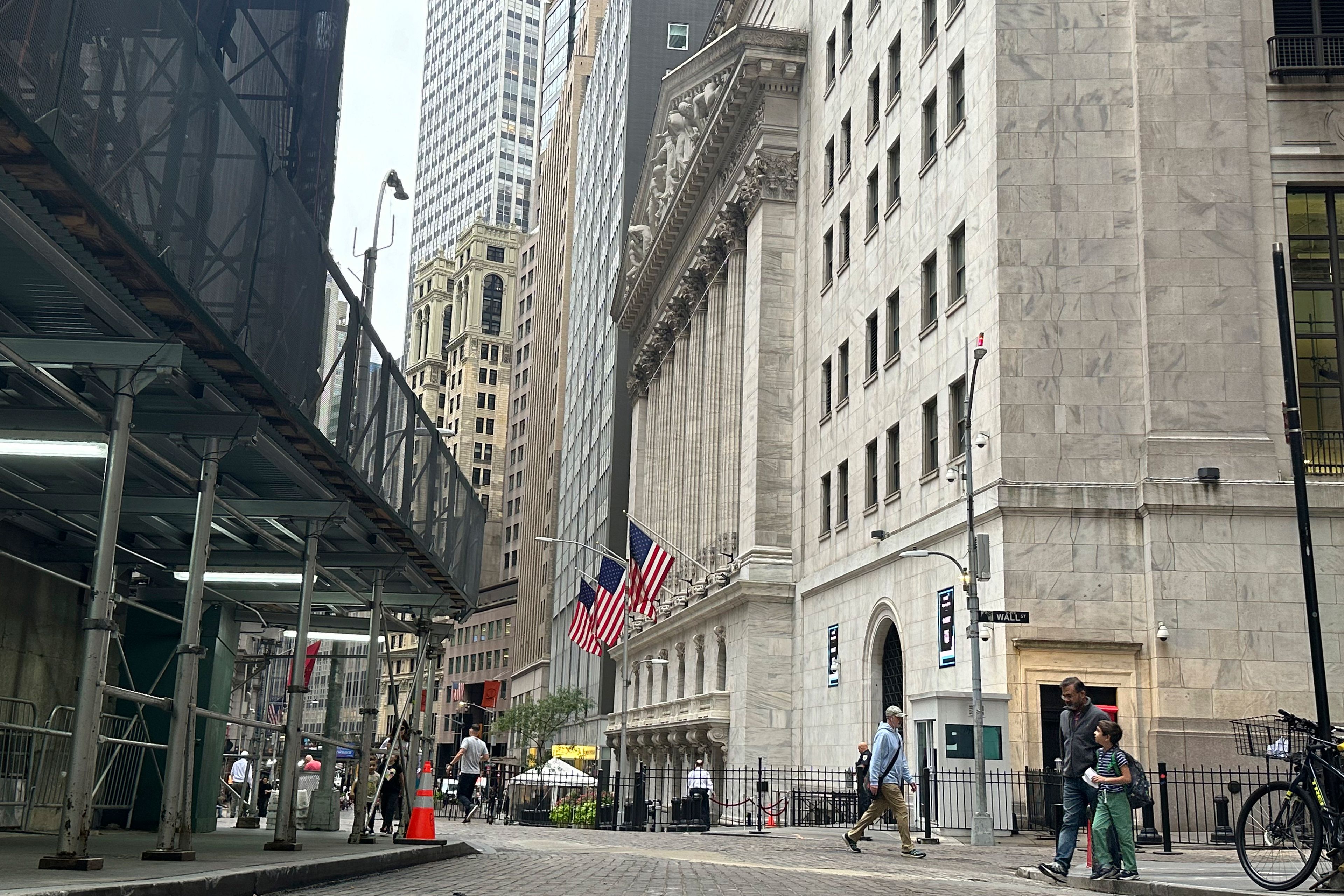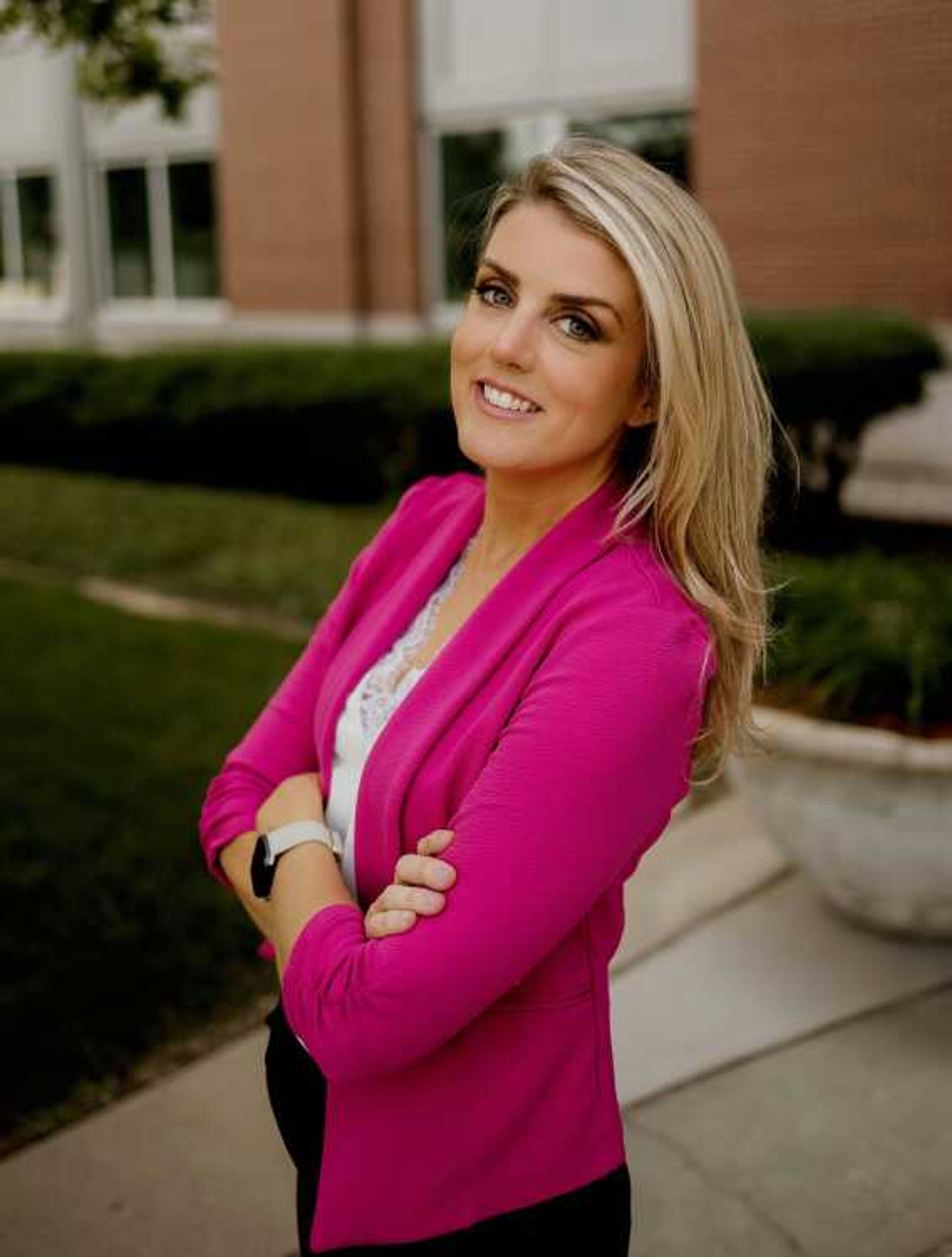In 2006 the Southeast Missouri Regional Port Authority celebrated its 25th anniversary. Several businesses call the port home, including Consolidated Grain and Barge, SE Team Tracks, Girardeau Stevedores, First Missouri Terminals, Old Dock and Tower Rock Stone. A railroad line also runs through the port. Leading the operation is Dan Overbey, executive director since 1993. Southeast Missourian business reporter Brian Blackwell recently visited with Overbey. A native of Sikeston, Mo., Overbey served in the railroad, real estate and education sectors before his current role at the Southeast Missouri Regional Port Authority. He and his wife, Gail, have two grown children, Jeffrey and Douglas.
Q: What was life like growing up in Sikeston?
A: It was small-town America in the Midwest. You could do things at night and during the day and not worry about your safety. My dad, Leonard, owned a service station two blocks from our home. I learned a lot about hard work and responsibility. It was fun. I was there all the time and there were long hours, but all of it was enjoyable. And working with the public, I got to meet a lot of different people. The service station was across from the Missouri Pacific rail line and a Frisco rail track was nearby. Railroads have always fascinated me and I was able to watch the trains go by from the station.
Q: You graduated from Southeast Missouri State University in 1974. Why did you pick the school and what was the experience like for you?
A: I was the first from my family to go to college. Southeast Missouri State was close by and a good school. I had been there once before during band camp and felt comfortable going back for college. It was there that I met my wife during freshman English class. During high school I didn't know what I wanted to do. I toyed with architecture but didn't think much about business. I thought about engineering, and had planned to go to Southeast Missouri State for two years and then transfer to Rolla. When I got into calculus one and had to do the problems they got harder. I got a C, which was the only one I got in college. I then thought about business. Engineering was okay but wasn't my cup of tea. When I got into business I learned the right answer depends on the person. What works for one person doesn't work for the next. What I learned at the gas station was tied into business. Closer to graduation we decided to go to graduate school. We looked at the University of Alabama, the University of Texas and a few others, but those two were the most economical for us. While Gail was finishing school, the final semester, I worked part time at a hardware store before we headed off to Austin, Texas.
Q: Who are some people who influenced you?
A: First my dad and mom, Meta. They did pretty well in terms of where they came from, raising a family and making it work. They set a good example for me and my brother, Dennis, and sister, Ramona. Bob Drury was another influential person, I worked for him at Drury Development for five years. We had some similarities. He was a self-made guy like myself. I learned a lot from him. It was basically like earning another master's degree.
Q: What were your other jobs like?
A: Frisco, where I worked for three years, was the best job I had. It was small enough to know everyone but big enough to make a profit. Then I moved on to Missouri Pacific. I did cost analysis and operations for them. Then I moved to Union Pacific. After the railroad industry I decided to get into the trucking industry, this was in Denver. I flew out there for the interview and found out they had a subsidiary in Kansas City. I committed to be in Denver for six months. I would visit the different terminals throughout the country to see how they run. After that I committed for six months in Fort Worth, Texas. I didn't want to permanently move there and wanted to be closer to home, so we moved to Cape Girardeau in 1986, where I looked for something to do. I taught at Southeast Missouri State for a year. The first semester was great but by the second semester most of the preparatory work was done, so it got boring to me. It wasn't like being out in the business world where there are problems popping up to solve. Plus, I didn't want to travel to University of Southern Illinois to earn my PhD and learn from someone who may have had less experience than me. So again I started looking around and wound up at a trucking company, which I was at for [a short time]. It was fun seeing trucks up close and watching them come in and out. That hands-on, up-close part of it was great. Then I left for Drury.
Q: What was working in Drury Development like?
A: Bob fought to stay here and believed there were opportunities for growth. I bought law books and trade journals to teach myself the real estate business. The most interesting project was around Siemers Drive. One day a representative from Wal-Mart told us they had been approaching us but through brokers. We almost lost Wal-Mart because we didn't know they were using that avenue. There was thought that a Wal-Mart Supercenter would ruin the small business community. Bob researched that and found that Wal-Marts did a lot for the community. Then after that we got Lowes, Sam's Club and other places.
Q: Why did you decide to work for the port and does it please you the way the port has gone?
A: I came in 1993 and we had a main dock, one building and a fertilizer tank. Nothing else. If I had known the financial situation at the time I was offered the job I may never have taken it. But through many years we've worked through the financial difficulties and grown the port. I saw how all my jobs I had in the past prepared me for what I'm doing today. Largely we act like a land developer. My business experience has taught me how to manage that large of an entity. And the future is nowhere but up for us. We just have to pay the bills and manage what we have to make the port the best it can be.
Connect with the Southeast Missourian Newsroom:
For corrections to this story or other insights for the editor, click here. To submit a letter to the editor, click here. To learn about the Southeast Missourian’s AI Policy, click here.
